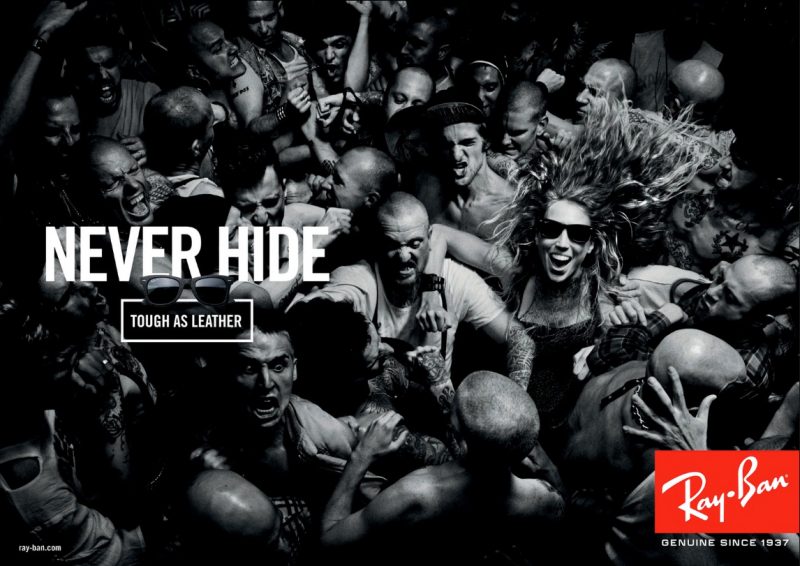
I asked my partner, Olivia, what I should read about during New York Fashion Week. She pointed out this evolving story of Alicia Keys and quitting makeup.
Back in May, Keys publicly announced she would abstain from wearing make-up of any sort in an essay for Lena Dunham’s magazine, Lenny. She recounts her revelation that occurred when an inspired photographer asked to take her photo without makeup because it reflected the “raw and real” quality of the singer’s new album:
“It was just a plain white background, me and the photographer intimately relating, me and that baseball hat and scarf and a bunch of invisible magic circulating. And I swear it is the strongest, most empowered, most free, and most honestly beautiful that I have ever felt.”
Last week Keys brought her resolution to the “Today Show” and to New York Fashion Week. This action garnished the expected backlash but for many the news is that this is even news. As the feminist activist and author Letty Cottin Pogrebin points out in a New York Times article, Keys’ radical act is feminist throw-back:
“It’s all so familiar,” she said. “Alicia Keys could be taking a page from the no-makeup orthodoxy of the women’s movement 40 years ago. I’d never heard of her before this brouhaha, but now I’ll follow her anywhere. What she’s doing is pop-consciousness-raising. She’s not just talking about the tyranny of makeup. She’s talking about female authenticity. She’s challenging the culture’s relentless standards of feminine conformity and the beauty industry’s incessant product hype.”
If a famous musician (or just a woman in general) not wearing concealer is a radical act, what does that mean for a woman seeking a job with no female president? For me this is just another dumbfoundingly obvious gender prejudice that Clinton’s historic bid has brought into sharp contrast. Together they provide a bitterly clear challenge to our perceived progress in gender politics.
I do believe Keys’ actions are a necessary protest that reminds everyone everywhere that standards of beauty are a personal decision not a societal mandate. But after reading Keys’ essay there was another dynamic to her protest that I couldn’t escape:
“Every time I left the house, I would be worried if I didn’t put on makeup: What if someone wanted a picture?? What if they POSTED it??? These were the insecure, superficial, but honest thoughts I was thinking. And all of it, one way or another, was based too much on what other people thought of me. I found my way to meditation, and I started focusing on clarity and a deeper knowing of myself. I focused on cultivating strength and conviction and put a practice in place to learn more about the real me.”
While not wearing make-up bucks social and market conventions, Keys’ desire to excavate and display her “real” self seems in line with current consumerism trends. In response to years of well-known highly structured market practices, postmodern living places high value on authenticity. Corporations used to work at selling the beautiful lifestyles that their products would provide. Now, in what started as an act of defiance and later sold to us as a “freedom of choice,” the responsibility to define your lifestyle through consumption has been shifted to the consumer. Our lifestyle brands are carefully curated and solidified through personal internet marketing, like Instagram. It is a double imperative to be both authentic and unique and in this respect Keys represents an unrealistic model. In revealing her authentic self she is still an amazingly talented 15-time Grammy Award winning musician. This is just one of many examples that illustrates the emerging social imperative: being authentically unique is the new impossible aesthetic standard. Less common and maybe more challenging would be examples of discovering your authentic self not through its unique qualities but its kinship with the other authentic selves around the world.









